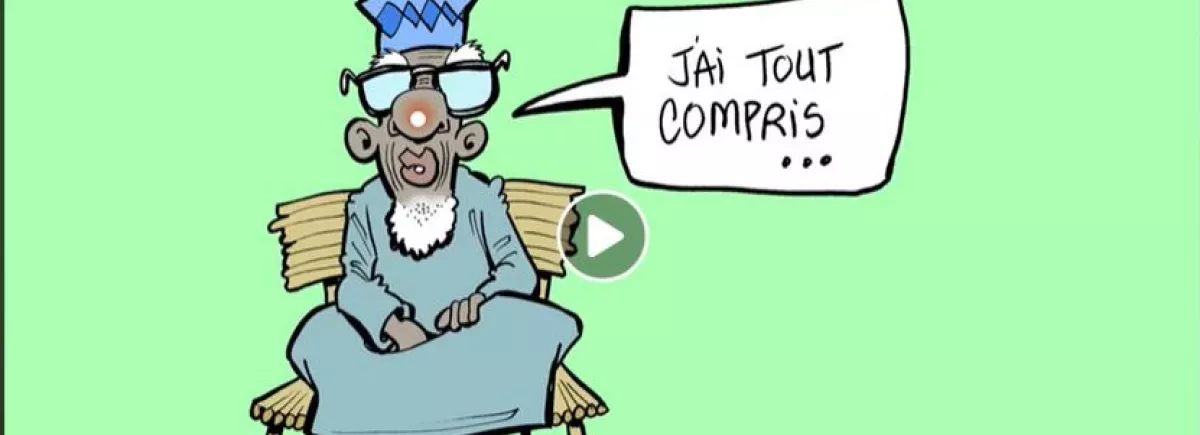
#CoroVidéos: influencers join forces to raise public awareness
Related project
MediaSahel Covid-19In response to the global COVID-19 pandemic, CFI and its African partners have launched a media programme aimed at young people and the media.
This initiative, supported by AFD, helps to produce and distribute audiovisual content aimed at providing information, educating and raising awareness on the subject of coronavirus. In Burkina Faso, Mali, Niger and Senegal, CFI has recruited young influencers to increase the reach of this content via social networks.
As part of its special COVID-19 action plan, CFI has surrounded itself with its network of partners involved in the MediaSahel project to offer awareness-raising video clips. Press cartoonists from the Cartooning For Peace network have made twenty light-hearted, funny and slapstick videos. These videos, which have been produced in French and 13 local languages, aim to raise awareness among the general public of the correct individual behaviours to adopt in order to combat the pandemic and its consequences. They are broadcast several times a day on public and private television channels in Burkina Faso, Mali and Niger.
Sixteen influencers have also sprung into action in the various target countries (Burkina Faso, Mali, Niger and Senegal) with a view to increasing the impact of the #CoroVidéos, particularly among young people. Their primary mission is to relay the videos and awareness-raising messages via the social media profiles followed by the largest numbers of young people in Africa. The messages, which are communicated by means of bubbles and voice-overs, are translated into 13 languages, from Burkina Faso Mooré to Malian Bambara and including Hausa, Fulfulde, Tamasheq and Wolof.

A significant impact on rural populations
Season 1 (the first ten videos broadcast throughout May) responded to the emergency by focusing on reminding viewers of preventative actions (washing hands, sneezing into your elbow, etc.), the necessity of complying with the measures put in place by the public authorities to stem the spread of the virus and the risks of self-medication. These videos have been broadcast on various social networks (Facebook, Twitter, WhatsApp, Instagram, etc.) and some of them have reached a very high level of visibility (in excess of 15,000 views on a single Facebook page, for example). The influencers involved believe that the videos broadcast in local languages have had a very significant impact on rural populations.
According to the Season 1 report, the broadcasts have reached more than 30,000 young people in Mali. In the words of Abdoulaye Guindo, one of the Malian influencers involved in the campaign, " social networks are followed more than other media by young Malians for whom reading is no longer their strongest point [...] The most heavily consumed content is video, especially videos with a good dose of humour".
Season 2 was launched on 1 June. The ten new videos tackle more technical subjects (the use of face masks, reminders of infection routes, etc.), address the social aspect of the crisis (impact on key jobs, risk of domestic violence) and call for civic responsibility in the management of the crisis (children's education, solidarity, etc.).
The MediaSahel project is supported by the French Development Agency (AFD).
This new content is also funded by AFD as part of the French COVID-19 - Health in Common initiative.


